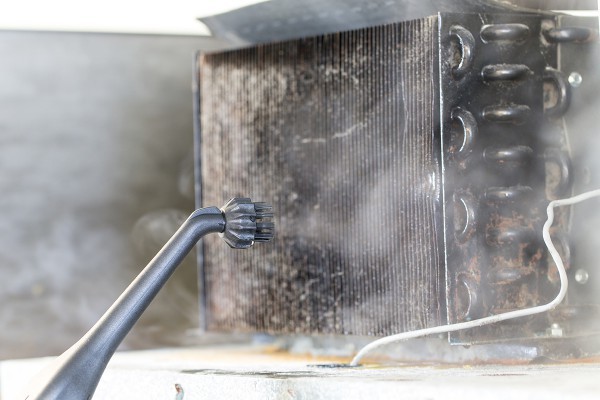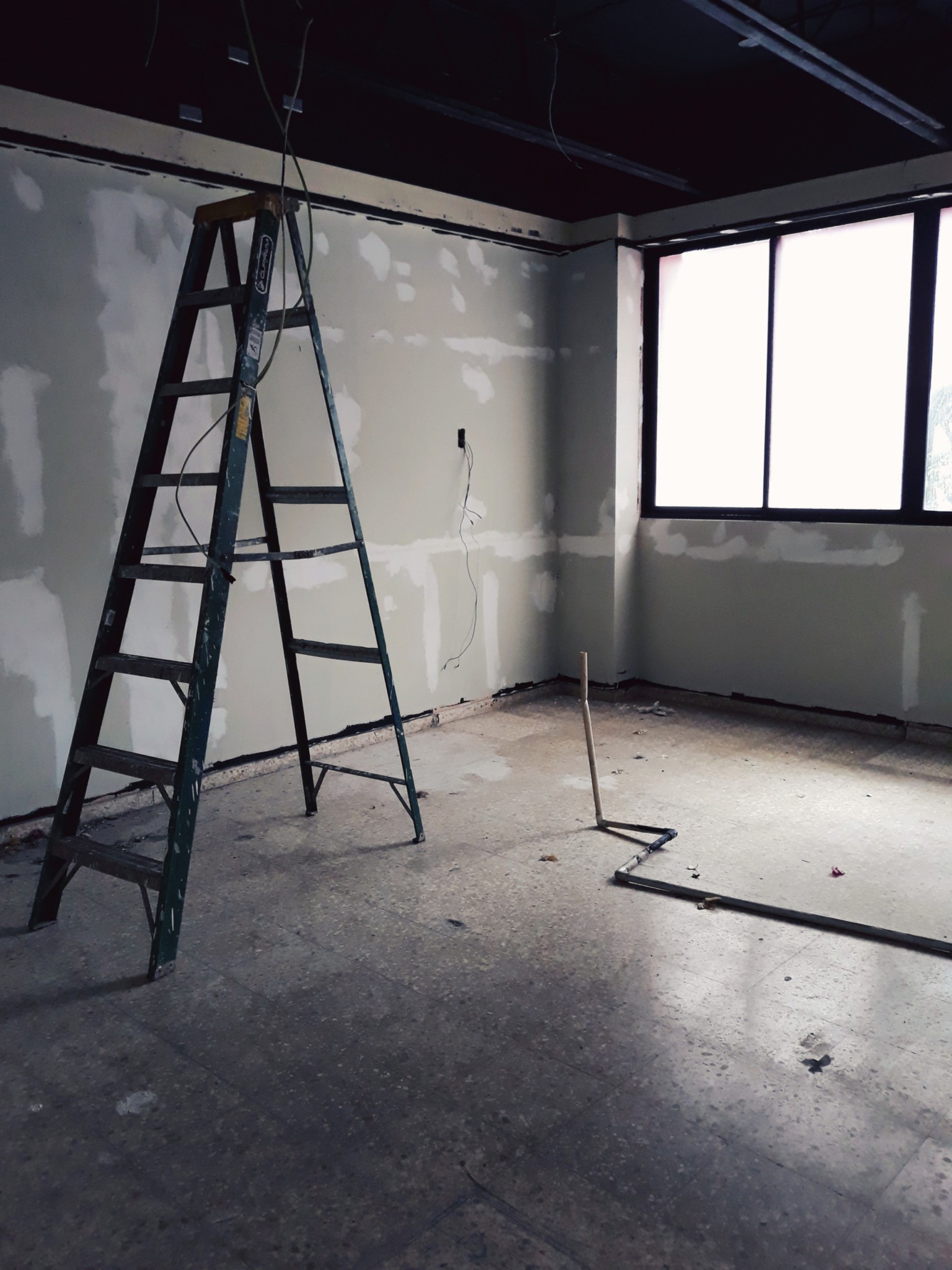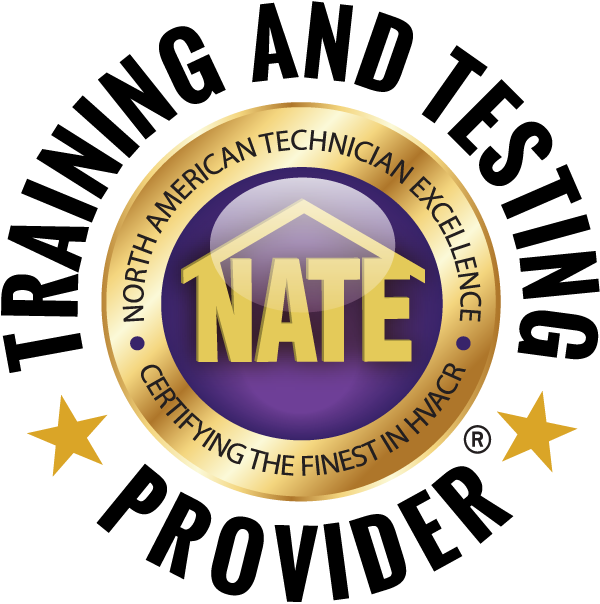This is just a very short post. the truth about self rinsing coil cleaners. But first, a few questions.
- How do they work?
- Are they safe?
- Do they work well?
To tackle these questions, let’s first recap what you should know about your HVAC coils. Any air conditioning system has two sets of coils. The evaporator coil and the condensing coils. these coils help refrigerant absorb heat and expel heat during it’s compression cycle. It’s this coil action that helps cool air, making your conditioner work. During this action however, a lot of condensation can occur on the evaporator coil, creating prime grounds for dirt, bacteria, mold and mildew to occur. Additionally, dirt and grime get “stuck” on coils that are wet too. (bonus tip: This is where your filters play such an important role) This is primarily where the coil cleaning is focused.
Now, back to “self rinsing” coil cleaners.
1. How do they work? These are marketed as simple spray on and leave coil cleaners. The self rinsing theory comes in that when the evaporator is producing condensate it will clean off the spray that you have put on. Well, what happens if the system isn’t on? What happens if the humidity is really low and there’s limited condensation? What happens if you clean coils in your “swing” seasons? All very good questions.
2. Are they safe? The truth is this. You generally clean coils in swings season where you don’t need to actually use your AC. Spring, fall, winter etc. During these times the system will remain off for a long period of time, and therefore have no ability to condensate and rinse off the coils. Many coil cleaners out there are made with acids or caustic alkalines. This is done so that they actually etch the coils to make it appear to be clean and “shiny”. Well, what else do you think it does? Correct. By eating away the coil it can cause leaks and cause your system to fail. So, is it safe? Not really unless you actually flush it away manually.
3. Do they really work? Will they make your coils shiny? Sure. Will they end up ruing your coils. Good chance they will due to the harsh chemicals used, and then left on the coil, to eat away at the metals (copper, aluminum, etc). Also, remember how I mentioned that the coils get a lot of mold, bacteria etc on them? Well, the foaming action or simply penetrating force of many of these coil cleaners doesn’t have the power to get through the coils and clean them thoroughly. For that you really need a specialized coil washing system or at a minimum a stronger pump sprayer.
The bottom line is this. If you are going to use a self rinsing coil cleaner, then use some sort of a spray to clean it off after about 5 minutes otherwise you can seriously damage your coils. Alternately, use a pressurized coil cleaning system to clean your coils with much less cleaner.




